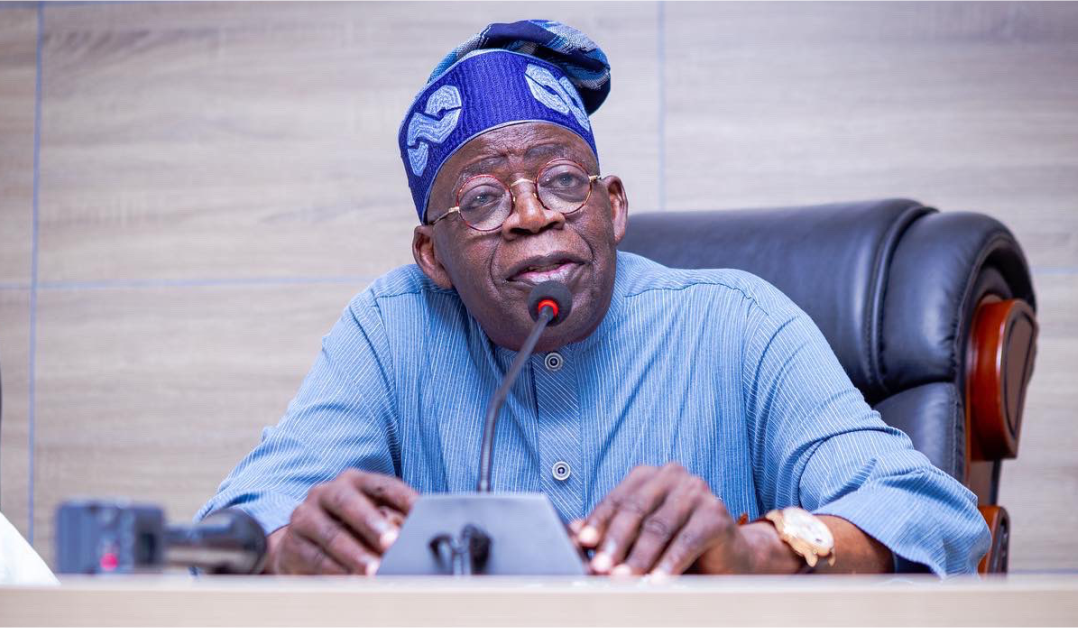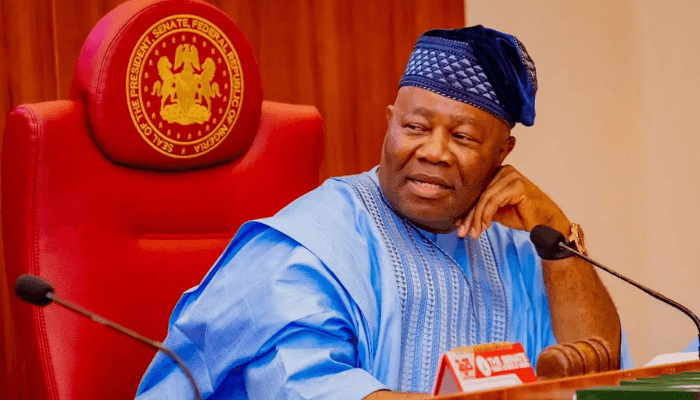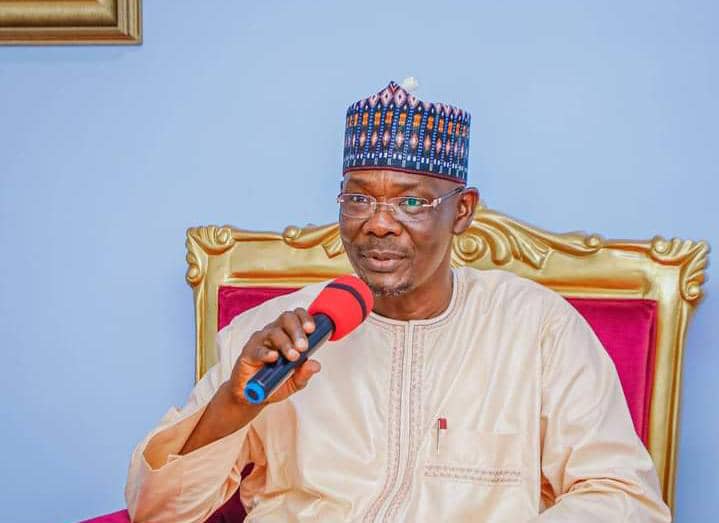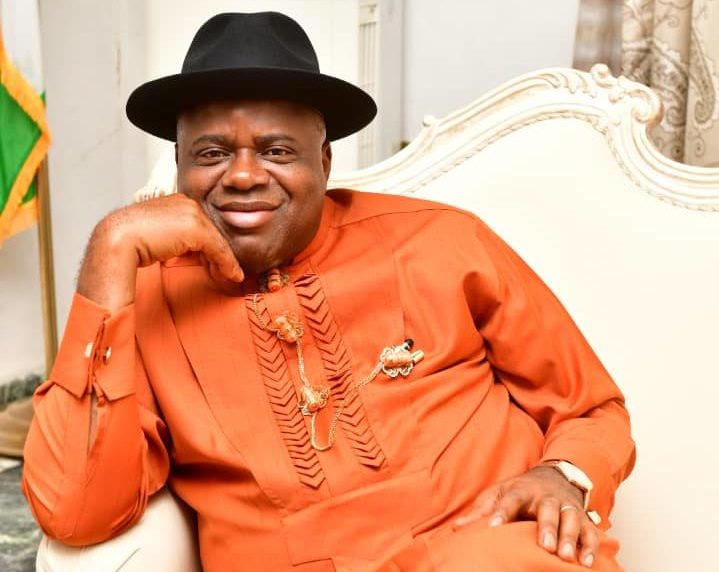While political buzz swirls around 2027, Nigeria’s Chief of Staff is laser-focused on delivering real change for citizens. Here’s how his reforms are shaping the nation’s future.
Tinubu’s Mission: Nigerians First, Politics Later
In a political climate often dominated by election speculation and power struggles, Bola Tinubu, Nigeria’s Chief of Staff, is taking a different approach. His focus isn’t on the 2027 elections—it’s on the here and now. According to a statement by his Special Adviser on Media and Public Communications, Sunday Dare, Tinubu is channeling all his energy into improving the lives of Nigerians and strengthening the country’s economy.
“President Tinubu isn’t losing sleep over the next election,” Dare shared on X (formerly Twitter). “He’s more concerned about how his reforms can bring shared prosperity to Nigerians and ensure the economy is on a solid footing for the long term.”
This refreshing perspective comes at a time when many politicians are already positioning themselves for the next electoral battle. But for Tinubu, the real battle is against economic hardship, inflation, and unemployment—issues that directly impact the everyday lives of Nigerians.
Economic Turnaround: Signs of Progress
Since taking office, Tinubu’s administration has rolled out a series of bold reforms aimed at stabilizing and revitalizing Nigeria’s economy. While the road hasn’t been without challenges, there are clear signs that these efforts are starting to bear fruit. Here’s a closer look at the progress so far:
- Foreign Reserves on the Rise: Nigeria’s foreign reserves have seen a significant boost, providing a stronger buffer against global economic shocks.
- Inflation Slowing Down: After months of rising prices, inflation rates are finally beginning to ease, offering some relief to households and businesses.
- Growing Trade Surplus: The country’s trade balance is improving, with exports rising and imports declining—a positive sign for local industries.
- Increased Foreign Investments: Over $50 billion in investments have flowed into Nigeria, signaling growing confidence in the country’s economic potential.
- Job Creation and Economic Growth: New policies are fostering job creation and supporting small businesses, which are the backbone of the economy.
These milestones aren’t just numbers on a spreadsheet—they represent real progress toward a more stable and prosperous Nigeria. Dare emphasized that Tinubu’s ultimate goal is to ensure these improvements translate into better living standards for all Nigerians.
Political Drama: El-Rufai’s Defection and 2027 Rumblings
While Tinubu is busy driving economic reforms, the political landscape is anything but quiet. Recent developments have added fuel to the fire of 2027 election speculation. One of the most talked-about events is the defection of former Kaduna State Governor Nasir El-Rufai from the All Progressives Congress (APC) to the Social Democratic Party (SDP).
El-Rufai’s move has sparked rumors of a potential coalition forming to challenge Tinubu in the next general elections. Political analysts are already speculating about alliances, strategies, and the possible impact on Nigeria’s political future.
But the Presidency remains unfazed. Tinubu’s team believes that his commitment to delivering tangible results will speak louder than any political maneuvering. “The focus is on the economy and the people,” Dare reiterated. “That’s what matters most. When Nigerians see the benefits of these reforms, they’ll know who truly has their best interests at heart.”
Tinubu’s Legacy: Building a Brighter Future
For Tinubu, success isn’t measured by election victories—it’s measured by the impact he leaves on the nation. His vision is to build a legacy of economic growth, job creation, and improved living standards for Nigerians. This means staying the course, even when faced with political distractions or economic hurdles.
The administration’s reforms are designed to create a foundation for long-term prosperity. From boosting foreign reserves to attracting investments and supporting local industries, every policy is aimed at ensuring Nigeria’s economy is resilient and inclusive.
As the country navigates both political and economic challenges, Tinubu’s focus remains unwavering. His team is confident that by prioritizing the needs of the people, they can build a brighter future for Nigeria—one where every citizen has the opportunity to thrive.
What’s Next for Nigeria?
The coming years will be critical for Nigeria as it continues to implement and refine its economic reforms. While political tensions may rise as the 2027 elections draw closer, Tinubu’s administration is determined to keep its eyes on the prize: a stronger, more prosperous Nigeria.
For Nigerians, this means more jobs, better infrastructure, and a higher quality of life. For Tinubu, it means leaving a legacy that goes beyond politics—a legacy of real, lasting change.
















Got a Questions?
Find us on Socials or Contact us and we’ll get back to you as soon as possible.